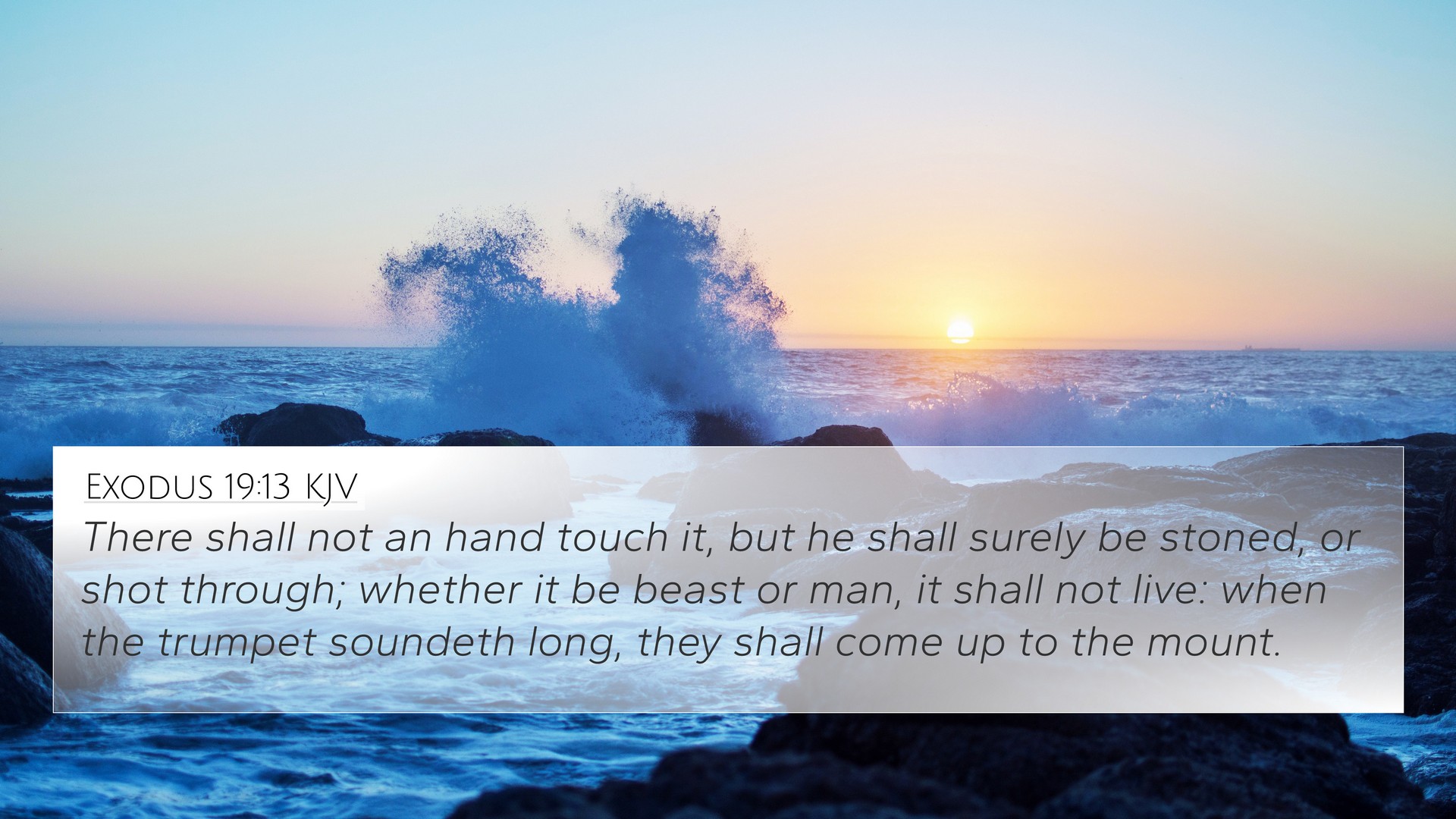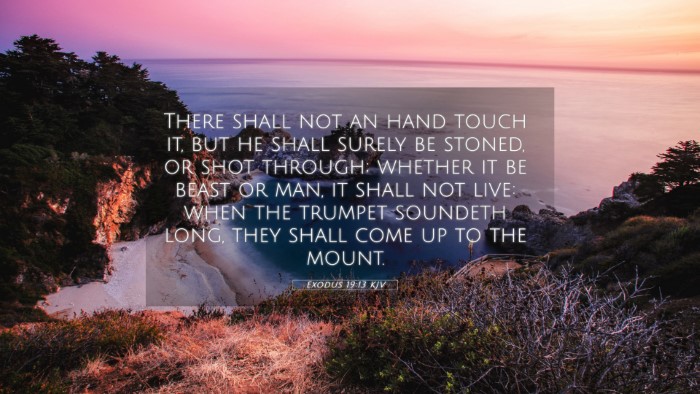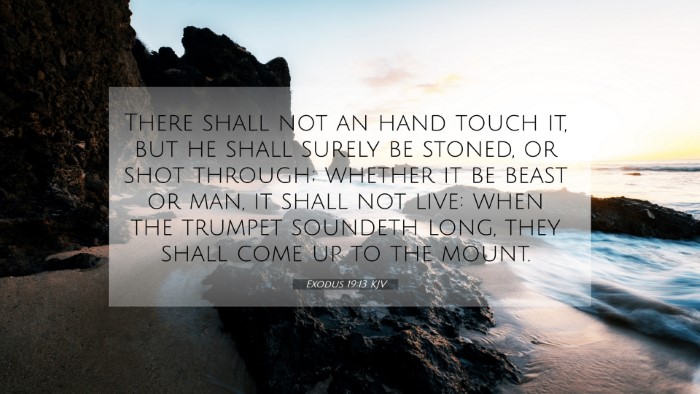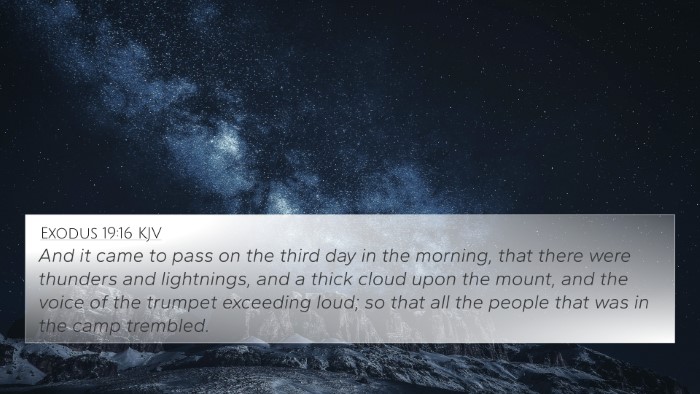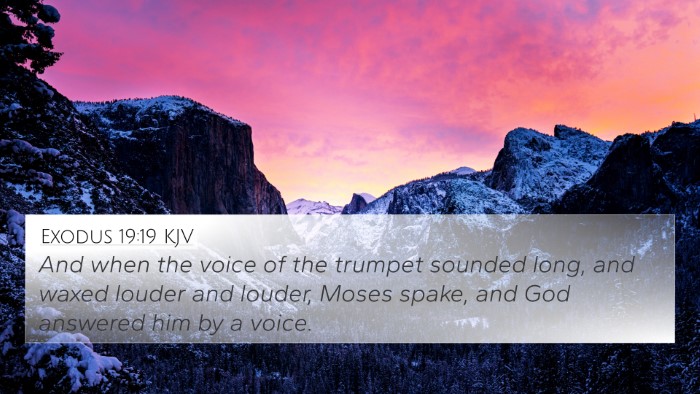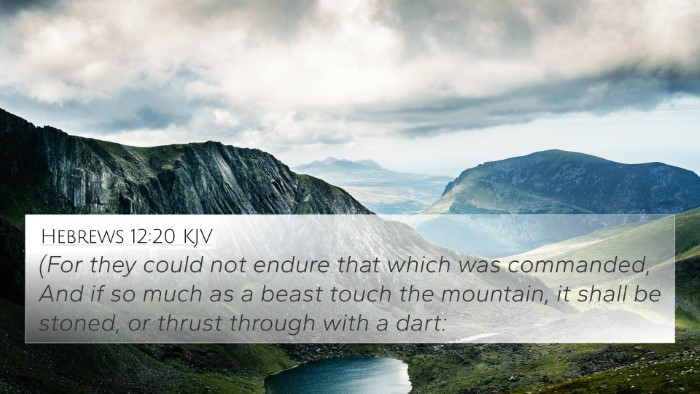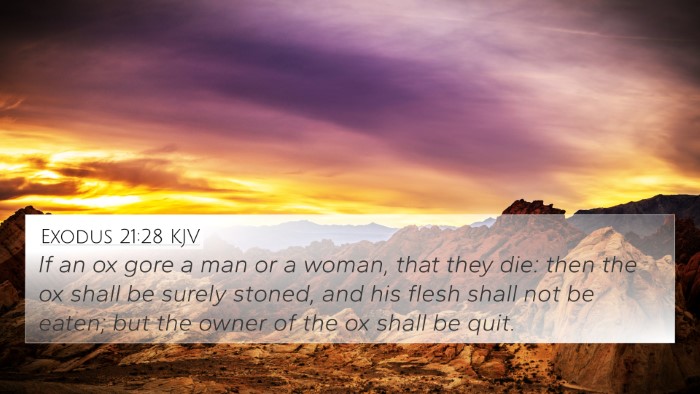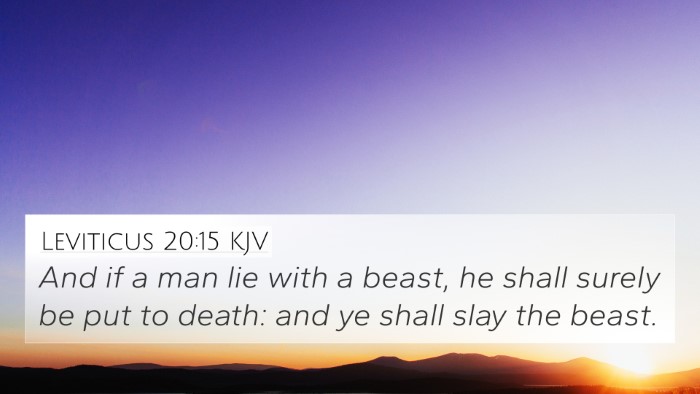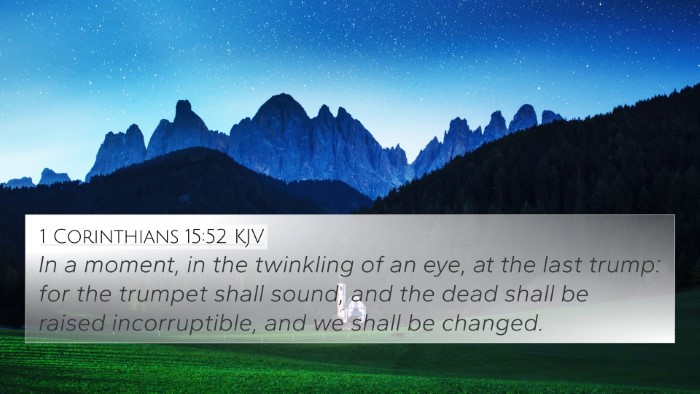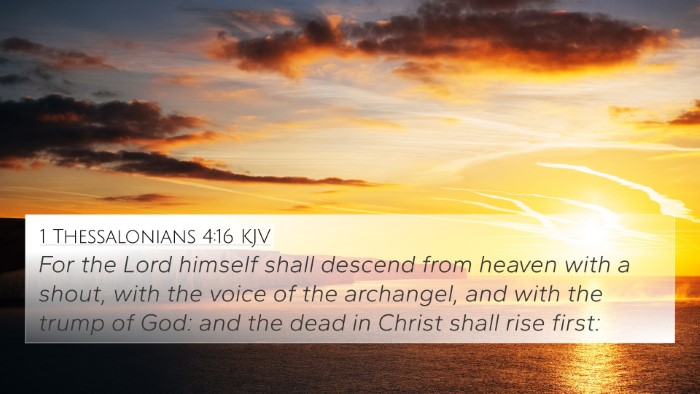Understanding Exodus 19:13
Exodus 19:13 states: "And when the trumpet soundeth long, they shall come up to the mount." This verse is set in the context of God preparing the Israelites to receive the law at Mount Sinai. It signifies both invitation and expectation regarding the people's response to God's call.
Contextual Background
In Exodus chapters 19 and 20, God reveals Himself to the people of Israel. The preparation for this divine encounter includes specific instructions on how to approach the holy mountain. The sound of the trumpet is a significant signal to the Israelites, indicating the commencement of God's revelation.
Commentary Insights
Combining insights from various public domain commentaries, we observe several key points:
- Matthew Henry: He emphasizes the importance of God's order in approaching Him. The trumpet signifies God's presence and summons the people to draw closer, underscoring the seriousness of their encounter with the Divine.
- Albert Barnes: Barnes indicates that the trumpet symbolizes a call to assembly and readiness. It reflects the idea that God requires his people to approach Him prepared and with reverence, anticipating the establishment of the Law.
- Adam Clarke: Clarke discusses the nature of the trumpet sound as both a conveyance of warning and an invitation, highlighting the dual responsibility on the part of the Israelites to respond with obedience and readiness as they enter into covenant with God.
Thematic Connections
Exodus 19:13 connects deeply with several themes throughout Scripture:
- Covenant Relationship: The trumpet call ties into the broader theme of God's covenant with Israel, which is a central narrative in the Exodus event.
- Divine Holiness: This verse illustrates God's holiness and the necessary preparation for approaching Him, a theme that resonates in the later teachings of the New Testament regarding holiness.
- Preparation for Revelation: The call to ascend the mountain parallels the call for spiritual readiness throughout the Bible, as similarly stressed in James 4:8, where believers are encouraged to draw near to God.
Cross-References
There are several Bible cross-references that relate closely to Exodus 19:13:
- Exodus 20:18-21 - The people's response to God's revelation.
- Hebrews 12:18-21 - A reflection on the terrifying experience of Sinai contrasted with the New Covenant.
- Numbers 10:1-10 - The use of trumpets in Israel's worship and gatherings.
- Matthew 5:1 - Jesus teaching on the mountain, echoing the theme of receiving God's instructions.
- 1 Thessalonians 4:16 - The sound of the trumpet signaling God's call to His people at the end times.
- Revelation 11:15 - The proclamation of God's kingdom through trumpet signals in eschatology.
- Isaiah 58:1 - A call for the people to awaken and heed God's message, akin to the sounding of a trumpet.
Practical Application
Understanding Exodus 19:13 helps believers appreciate the significance of being called by God and responding with readiness. Here are some practical applications:
- Engagement in spiritual preparation before approaching God through prayer and worship.
- Developing a sense of holiness in daily life, understanding the seriousness of God's call.
- Reflecting on God's covenant and promises as foundations for a life in response to His revelation.
Conclusion
Exodus 19:13 serves not only as a historical moment but also continues to offer insights into the dynamics of God's relationship with His people. This verse exemplifies the gravity of God's holiness and the intimate call for His people to respond to Him. As we explore the connections between various scriptures, we gain deeper understanding and encouragement for our spiritual journey.
Further Study
For anyone seeking tools for Bible cross-referencing, there are various resources available, such as a Bible concordance and Bible cross-reference guides. Engaging with these materials enriches your understanding of thematic Bible verse connections and helps uncover the inter-Biblical dialogue that enhances scriptural interpretation.
